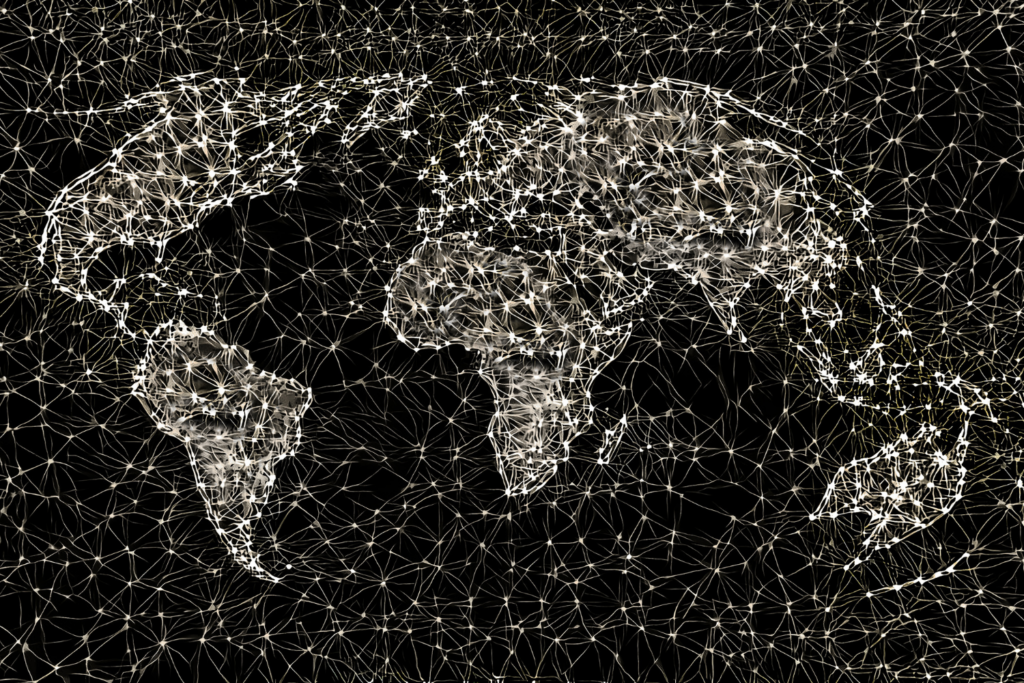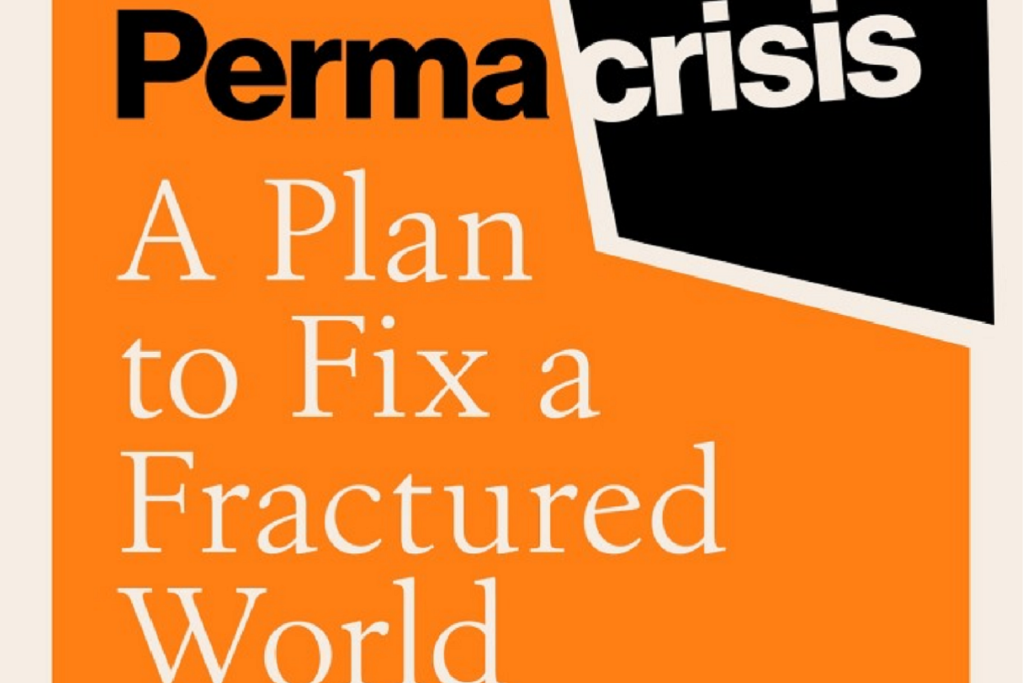Polycrises: A New International Reality?
In this special issue of Recherche et politique appliquée, an initiative led by the Interdisciplinary Research Laboratory on Risks and Crises (LIRIC), the concept of polycrisis is explored through practical applications. Featuring contributions from graduate students, the issue offers critical reflections on the meaning, emergence, and operationalization of polycrisis across academic and francophone contexts.
Polycrises: A New International Reality? Read More »









